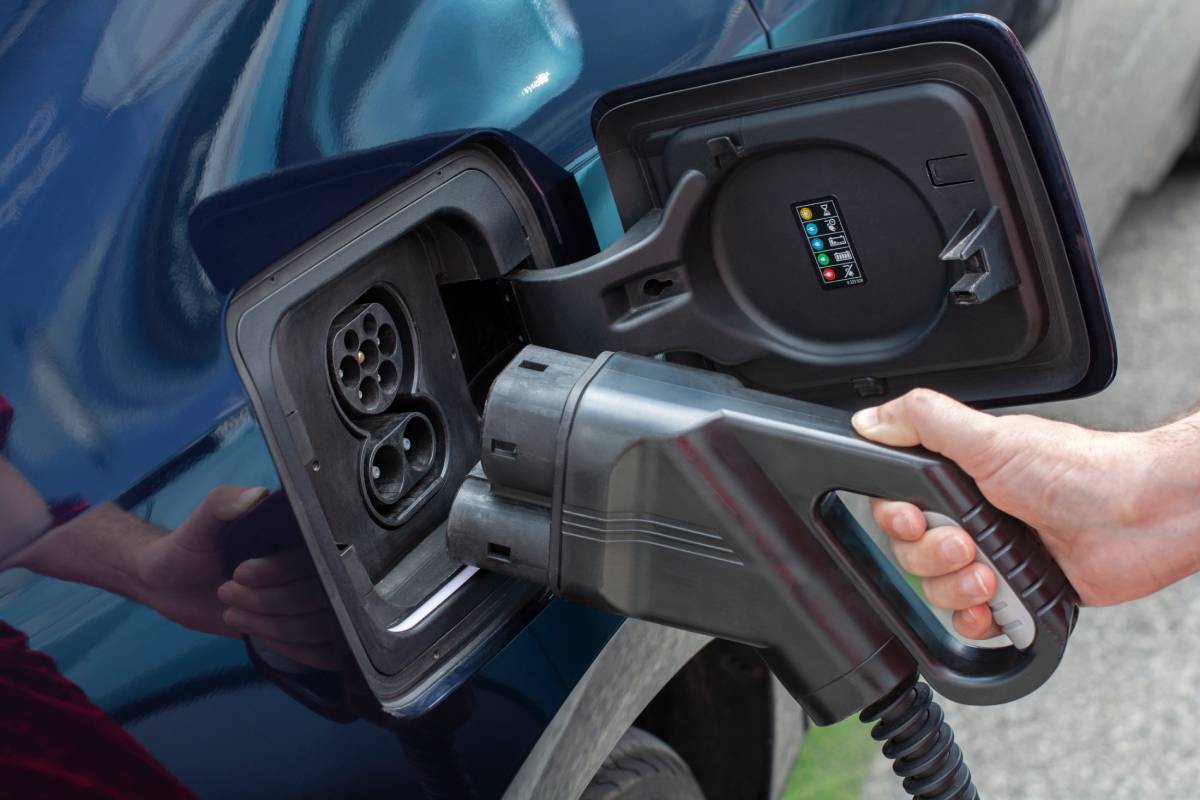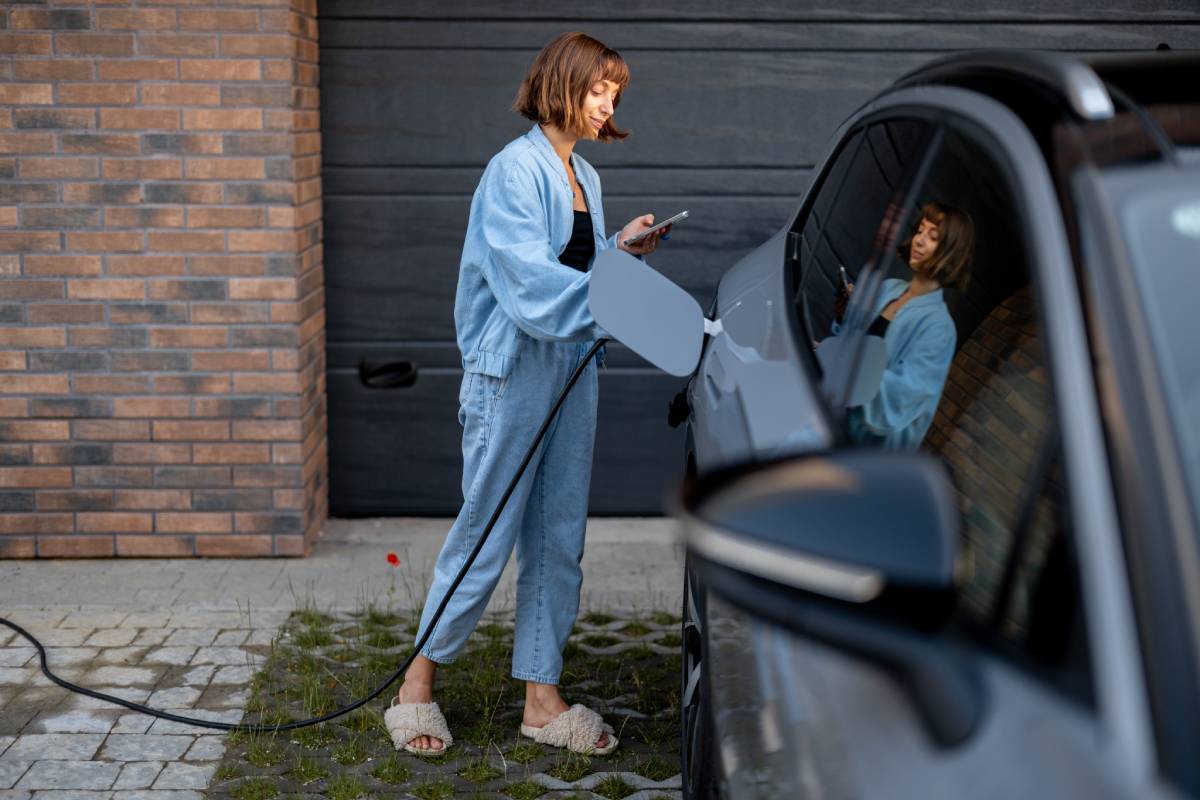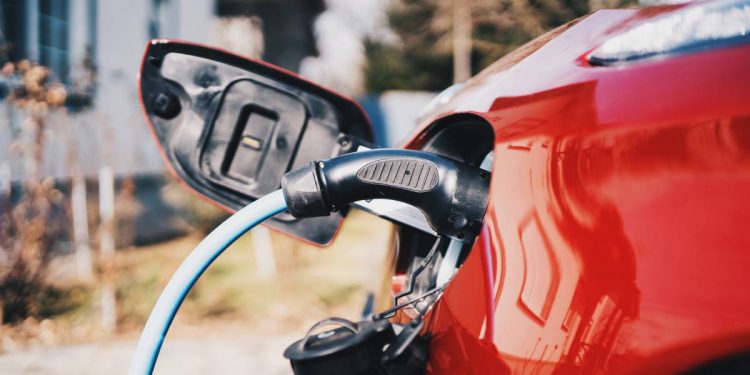As electric vehicles (EVs) gain popularity, many Australians are considering the switch to cleaner and more sustainable transportation. And while there are indeed several advantages to owning an electric car, questions often arise regarding the cost of charging, the viability of keeping your EV fully charged, and the feasibility of having an EV charger of your own at home.
In this article, we’re going to take a closer look at the cost of fully charging an electric car in Australia, and everything else you are likely wondering, including the implications of charging to 100%, the possibility of overcharging an EV (and what damage it might cause / if at all), the availability of home EV chargers, how reliable EV’s are when compared to traditional motors, and the total range of an electric vehicle on a full battery.
Can’t decide if an EV is the right choice for you? Let’s dive right into it and see what’s what!
How Much Does It Cost to Fully Charge an Electric Car in Australia?
First things first, let’s talk money; how much does it cost to fully charge an electric car in Australia?
- The cost of fully charging an electric car depends on several factors, including the vehicle’s battery capacity, the electricity rate, and the charging efficiency.
- On average, the cost per kilowatt-hour (kWh) of electricity in Australia ranges from $0.40 to $0.70 cents.
- Assuming an EV with a battery capacity of 60 kWh, the cost to fully charge the vehicle would be approximately $24 to $42.
In comparison, the average cost to fill a regular car’s tank of gas in Australia is around $70 AUD.

Is Charging an EV to 100% Bad?
Now let’s look at charging an electric vehicle. Should you always go to 100%?
- Charging an EV to 100% occasionally is not inherently bad for the battery, but frequent and prolonged charging to maximum capacity can have some negative effects.
- Keeping the battery at its maximum charge level for extended periods can accelerate battery degradation over time.
- Many EV manufacturers recommend keeping the battery’s state of charge (SoC) within a range of 20% to 80% for optimal battery health and longevity.
- However, it is important to occasionally charge to 100% to recalibrate the battery management system and ensure accurate SoC readings.
Can You Overcharge an Electric Vehicle?
What about ‘overcharging’? Is it possible to leave an electric vehicle plugged in for too long?
- No, it is not possible to overcharge an electric vehicle.
- Modern EVs are equipped with sophisticated battery management systems that prevent overcharging by automatically regulating the charging process.
- Once the battery reaches its maximum capacity, the charging process stops – even if the vehicle remains connected to the charger.
- However, it is recommended to avoid leaving an EV connected to a charger for an extended period after reaching full charge to minimise unnecessary strain on the battery.

Can I Have an EV Charger at Home?
For the sake of convenience, can (and should) you have an EV charger at home?
- Yes, it is possible to have an EV charger installed at home, providing convenient charging options.
- Home EV chargers, also known as Electric Vehicle Supply Equipment (EVSE), can be installed in residential garages or driveways.
- It is advisable to consult with a licensed electrician to assess your home’s electrical capacity and determine the appropriate charger installation for your needs.
- Various types of EV chargers are available, including Level 1 chargers (standard household outlets) and Level 2 chargers (dedicated charging stations that provide faster charging speeds).
Do Electric Cars Break Down Less? Are They More Reliable Than Traditional Motors?
While EV’s may be better for the environment, that doesn’t necessarily mean that they will be better suited to your needs and requirements. Here are some considerations regarding reliability:
- Electric cars generally have fewer moving parts compared to traditional internal combustion engines, resulting in potentially lower maintenance and repair costs.
- The absence of components such as spark plugs, timing belts, and oil filters reduces the chances of mechanical failure.
- However, the overall reliability of an electric car depends on various factors, including the specific model, battery quality, and regular maintenance.
- It is important to follow the manufacturer’s recommended maintenance schedule and keep the battery well-maintained for optimal performance and longevity.
All in all, electric vehicles are fast over-taking traditional motors with regards to reliability, so don’t let the fear of breaking down be the deciding factor.

What is the Total Range of an Electric Vehicle on a Full Charge?
Most importantly, how far are you likely to get on a fully battery? While you certainly won’t be getting from Port Douglas to Sydney on a single charge, you may find the total range of an EV battery to be quite compelling:
- As you’d expect, the total range of an electric vehicle on a full charge varies depending on the vehicle model, battery capacity, driving conditions, and driving style.
- EV ranges can typically vary from around 150-kilometres (93-miles) to over 500-kilometres (310-miles) on a single charge.
- It is essential to consider your daily driving needs and choose an electric vehicle with a range that suits your lifestyle. On the one hand you don’t want a vehicle that won’t be able to go the distance, while it’s worth going smaller if you do very little in the way of mileage.
Conclusion
In conclusion, owning an electric vehicle in Australia is absolutely worth your consideration if you are conscious about the environment and your personal carbon footprint.
Understandably, you are right to worry about the implications of charging an EV battery. Fortunately, as long as you follow the manufacturer’s guidelines, you shouldn’t run into too many problems.
Finally, for the sake of convenience, having a docking station at home can provide ideal EV charging solutions – rather than having to make your way to a public charging station – which may not yet be possible depending on where you are living (see National Electric Vehicle Strategy for future plans from the Australian Government regarding EV implementation).
In any case, we hope you’ve found this article helpful and wish you the very best of luck with your transition from a traditional motor to a new, sustainable transportation solution.












